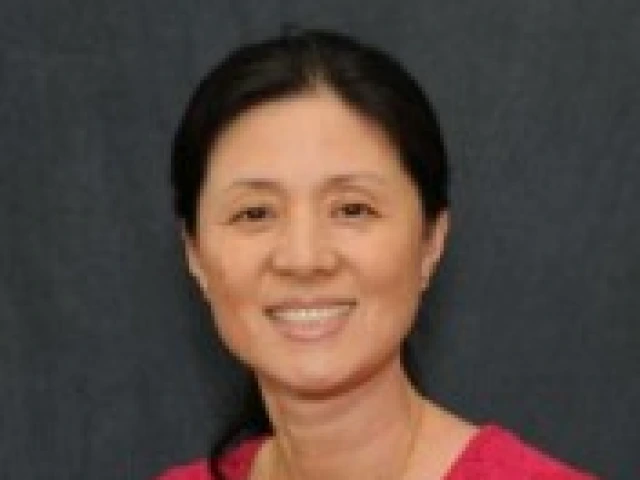The Committee on Conciliation shall have jurisdiction to make inquiry and to meet and discuss any problem involving any member of the General Faculty in his or her relationship with the University. This committee may consult and advise but shall not conduct hearings. It shall be the duty of the committee, after careful investigation, to offer advice to the person or persons involved. Following the completion of the conciliation process, the President of the University shall be informed of the results. In addition, if conciliation has been unsuccessful, both parties shall be notified accordingly in writing with the member being advised that the grievance at issue may be presented to the Grievance Clearinghouse Committee for assignment.
Membership Requirements
The Committee on Conciliation shall be composed of six members who are tenured or continuing members of the General Faculty other than deans of any rank, elected by the Faculty Senate by secret ballot upon nomination by the Nominating Committee or other members of the General Faculty, which shall furnish twice as many names as persons to be elected. Not more than one member of any College Faculty shall be on the committee at any one time. The term of membership shall be two years. Three persons shall be elected each year. The chair of the committee shall be elected by the committee from among those in at least their second year on the committee. Members may be re-elected to this committee. At the request of the President of the University or of a College Faculty or of any member of the General Faculty who has a grievance and has failed to resolve the matter through discussing the same with the appropriate department head or dean, the committee shall act expeditiously. In the event that the committee is of the opinion that the case load is so great that undue delay will be experienced, the committee may direct that temporary members be selected by the chair from a pool of names provided by the Nominating Committee or other members of the General Faculty, which shall contain not less than twice the number of names as there are temporary members to be selected. The Committee on Conciliation shall conduct its business in meetings rather than hearings, and participation by legal counsel will generally be discouraged.
Committee Chairs
Membership List
Upcoming Meetings
There are no upcoming events listed.







